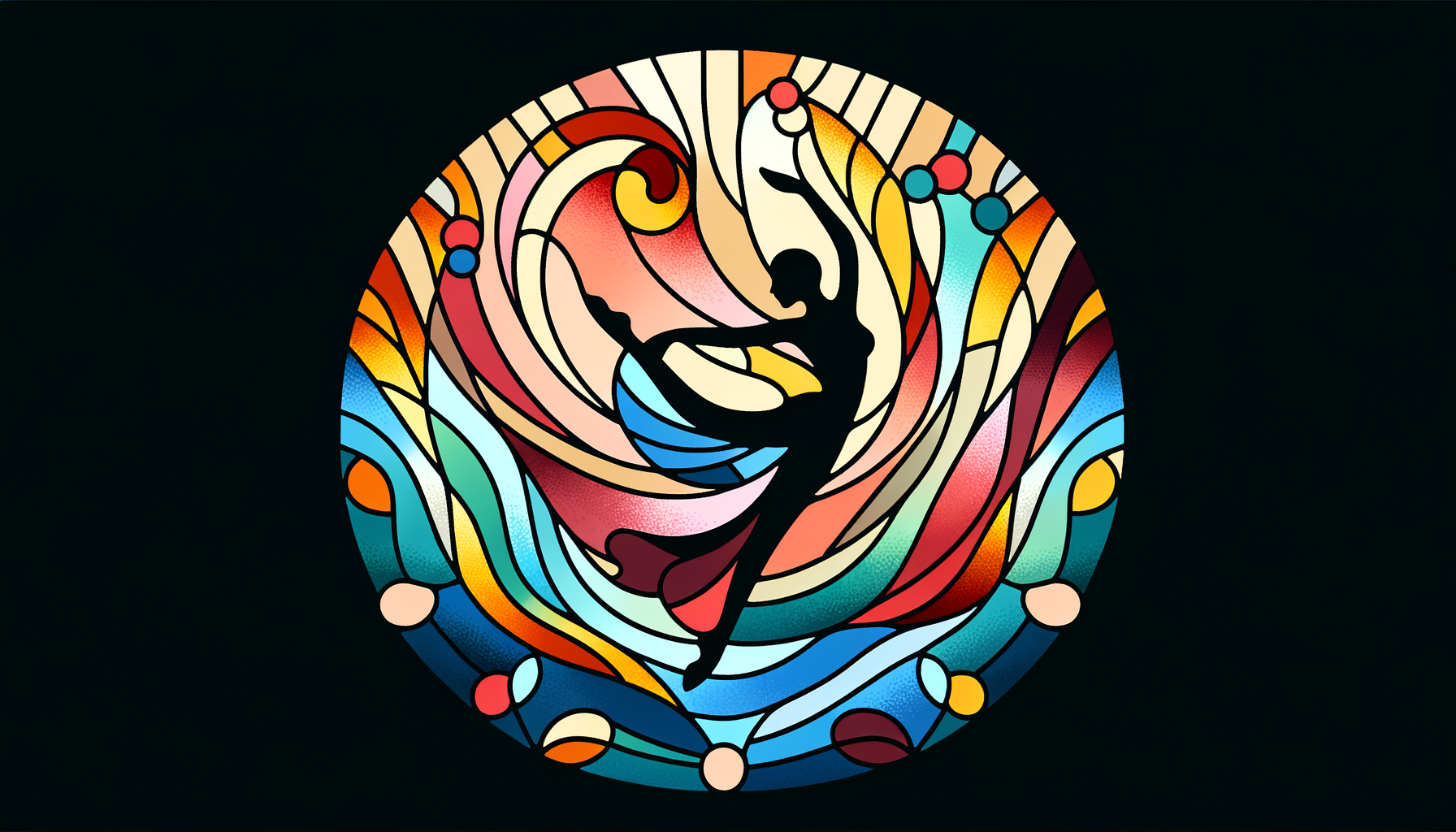The Book That Changed My Life
I was twenty-two when I first read Zorba the Greek by Nikos Kazantzakis. Technically, I’d been assigned the book in high school, but like most teenagers, I was more interested in avoiding existential crises than diving headfirst into a literary one. I rediscovered it one summer on a dusty shelf in my family’s taverna, tucked between my uncle’s cookbooks and a dictionary the size of a small sheep. I’d just come back from a disastrous romantic weekend on a nearby island (we’ll get to that later), and I wasn’t exactly thriving. The book fell into my hands almost by accident—or, as Zorba himself might say, fate threw it into my path, and I had no choice but to follow.
Little did I know, this eccentric, wine-drinking, life-loving character I met in the pages would reshape not only how I looked at love but also how I lived my life. While I didn’t fully realize it at the time, Zorba the Greek became my accidental guide to relationships. This wasn’t your typical self-help manual wrapped in an existential plot, but its lessons were no less profound. So here I am, almost a decade later, still haunted (in a good way) by this wild, boisterous Greek man and the wisdom he left behind.
Let me tell you why—and how Zorba subtly snuck into every corner of my life, especially my love life.
Lesson 1: “Life is Trouble. Only Death is Not.”
Zorba has a way of dropping bombs like this mid-conversation, probably while holding an overflowing glass of raki in one hand and skewering lamb with the other. His point? Life—and love—are inherently messy, and that's part of the deal.
Before Zorba, I had an obsession with perfection. I wanted tidy, pain-free relationships, the kind that looked Instagram-worthy under an Aegean sunset. If a date went south (like the aforementioned island weekend with Dimitra, who couldn’t stop “checking in” on her ex’s Instagram Stories), I took it as a sign I’d failed, or that romance just wasn’t worth the effort.
But Zorba taught me that the best things in life are far from tidy. Passion is volatile. Love is chaotic. Arguments will happen, misunderstandings too. But that’s not a reason to close yourself off—it’s a reason to live more fully, to embrace the imperfection. Zorba didn’t shy away from life’s mess; he laughed, yelled, danced, and dug his hands (literally and figuratively) deep into its dirt. And honestly? So should we.
Here’s the takeaway: Stop chasing the perfect relationship. Instead, chase the one that feels alive—the one that challenges you to grow and laugh through the madness of figuring it all out together. It's like cooking moussaka: sure, you'll make a mess of the kitchen, but at the end, it's worth every smear of béchamel on your shirt.
Lesson 2: Dance, Even When You Don’t Know the Steps
One of the most vivid scenes in the book is when Zorba starts dancing—not for anyone, not because he was at a party, but simply because he felt an overwhelming burst of life inside him. He didn’t overthink it; he just moved.
What does this mean for your love life? It means less overthinking and more embracing the moment. I’ve lost count of the times I’ve dissected a text message or agonized over whether my enthusiasm made me “too much” during a first date. (Spoiler: Enthusiasm isn’t the problem. Dating someone who makes you feel like you should dim your light is the problem.) Zorba would’ve told me to stop thinking so much and just be unapologetically myself.
Two years ago, I met someone who loved to go salsa dancing on Saturday nights. Dimitri, the guy who’d rather watch a documentary about Plato than sweat on a dance floor, said yes to going. I was, predictably, terrible at salsa. I tripped over my own feet, stepped on hers, and caught a stranger’s eye at least twice as I tried to copy their moves.
But you know what happened? We laughed. A lot. I let go of worrying about impressing her and just committed to the moment. Zorba would’ve been proud.
The point? Say yes to experiences, even if you feel clueless. Share who you are with someone else, awkwardness and all. Love, like dancing, isn’t about doing it perfectly—it’s about doing it wholeheartedly.
Lesson 3: Don’t Just Make Memories; Savor Them
Toward the end of the book, Zorba and the narrator have their dreams derailed by disaster (no spoilers, don’t worry). What’s striking is how Zorba handles it. He mourns for what was lost but doesn’t drown in his regret. Instead, he smiles at the memories, clinks his glass, and moves forward.
This is one of the hardest lessons, but it’s perhaps the most important. Whether it’s a five-year relationship that fizzles out or the kind of heartbreak that leaves you binge-watching Netflix for days, love doesn’t always arrive wrapped in a happy-ever-after bow. And that’s okay. Zorba taught me to honor the good times, even when things don’t go to plan.
One summer, I fell hopelessly for someone I knew was leaving. She was from Canada, backpacking her way through Europe, and we met during one of those unplanned, magical nights on Santorini—the kind where you just lose track of time. For two months, I called her mine, even though we both knew this particular story didn’t have a sequel.
When she left, I could’ve wallowed (and okay, fine, I did for a week), but then I thought about Zorba. Instead of living in the ending, I looked back at the middle. The long conversations under stars. The feeling of driving a motorbike up the cliffs, laughing as the wind whipped our faces. Those memories don’t belong to regret—they belong to joy, and joy shapes us.
So if you’ve loved and lost, or failed before you even got started, remember this: Embrace the good that came of it. Take what you’ve learned, smile because it happened, and pour yourself a toast to what’s next.
Conclusion: Why We All Need a Little Zorba in Our Love Lives
For all his wine-spilling, lyric-singing, mountain-climbing chaos, Zorba understood the essence of connection. He reminded me that relationships aren’t about finding someone who spares you from complication, but someone who meets you in the chaos and says, “All right, let’s do this.”
So take a note from his book—literally and figuratively. Stop hesitating. Put yourself out there. Laugh louder. Love messier. Dance, even if you’re staring at two left feet. And don’t forget to sit back every now and then with a good meal, a good glass of wine, and gratitude for the ride.
Because, as Zorba might say: “To live, you must risk. And to risk, you must live.”
Cheers to that.




















